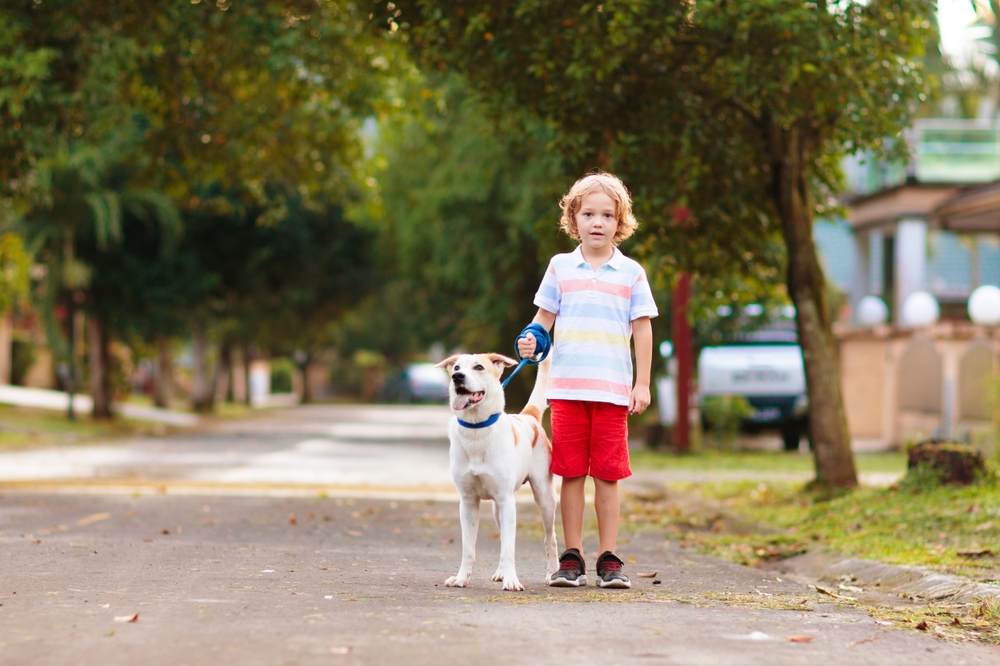As of 1 November 2024, pet ownership in community schemes has undergone significant changes.

The new legislation focuses on preventing unreasonable interference. This means that while pets are allowed, their presence must not negatively impact the lives of other residents.
What constitutes unreasonable interference?
Unreasonable interference refers to situations where a pet’s behaviour consistently disturbs or endangers others. This could include:
- Noise: Constant barking, howling, or other loud noises that disrupt the peace and quiet of other residents.
- Aggression: Repeatedly chasing, attacking, or threatening other residents or animals.
- Damage: Consistently damaging common property or the property of other residents.
- Health risks: Spreading diseases or infestations.
- Nuisance: Causing unpleasant odours or other nuisances in common areas.
Specific circumstances for refusal
In addition to the general concept of unreasonable interference, the following specific circumstances may lead to a community scheme refusing a resident’s pet:
- Nuisance orders: If a pet, particularly a cat or dog, has been subject to a nuisance order.
- Dangerous or menacing dogs: Dogs classified as dangerous or menacing under relevant legislation.
- Restricted breeds: Dogs belonging to breeds restricted by the Companion Animals Act 1998.
More Information
For further information on the updated regulations and how to manage pets in a community scheme, please refer to the following resources:
Fair Trading NSW: Link to Fair Trading NSW website on pets in strata schemes
Article by Adrian Mueller I BCOM LLB FACCAL I Partner
Original article can be found on the JS Mueller & Co Lawyers website.









